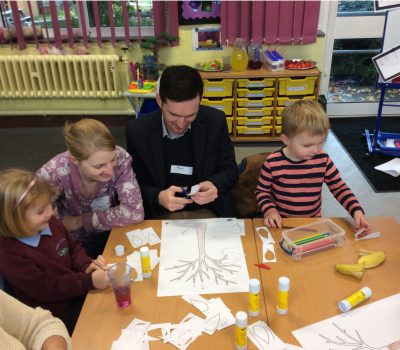


Our team sorts through all blog submissions to place them in the categories they fit the most - meaning it's never been simpler to gain advice and new knowledge for topics most important for you. This is why we have created this straight-forward guide to help you navigate our system.


And there you have it! Now your collection of blogs are catered to your chosen topics and are ready for you to explore. Plus, if you frequently return to the same categories you can bookmark your current URL and we will save your choices on return. Happy Reading!
While we were clapping for the NHS, Paul Rose wondered why teachers who were working through the pandemic too, didn’t get the same recognition.

Many of my closest family and friends work in schools. During lockdown they have quietly and bravely done remarkable work, yet no-one has stood on the streets to applaud them.
It got me thinking. Why isn’t education loved like the NHS?
Watch 24 Hours in A&E and Educating Yorkshire and you’ll see talented doctors and teachers striving to improve the lives of others, often at the expense of their own wellbeing.
So why is it that doctors are (rightly) praised and teachers (very wrongly) distrusted?
I think the reasons are many, but the essence of the problem can be distilled into just two words – service and system.
The NHS is a service created to help people.
Education is a system created to improve society.
Anyone accessing our healthcare service is treated as an individual. It must be this way in order to deliver the best treatment. It’s natural then, that each patient feels seen, heard and valued. That’s what makes it special in most peoples’ eyes.
Of course, this is not the case in the education system. Parents and their children quickly come to understand that there’s little room for individual needs, interests and wishes. Homogenisation is king and must be delivered at any price. The human cost of this ‘systematic’ approach to education is incalculable.
This is wrong and I feel so passionately about it, that six years ago I walked out on my headship to try and develop a sustainable way to turn our system into a service.
In the time since, I’ve worked with amazing mainstream, special and deaf schools, exploring ways that technology can help them work together to personalise education for each and every child.
In doing so, we’ve discovered ways for each school to deliver the teaching they want, to the learners they choose, wherever they are, and whenever they need it.
It’s almost like it was being built for a global pandemic!
The schools we have worked in partnership with have (amongst other things) found new and innovative ways to:
This pandemic is offering us, as education professionals, an opportunity to rethink education and work together to provide a quality, personalised education for every child.
In doing so, I reckon that we’ll turn our education system into a service. That’s got to be the best way to improve society and win the public affection we so richly deserve.

The author

Read more

Read more
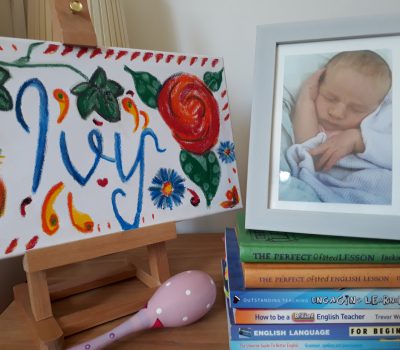
Read more
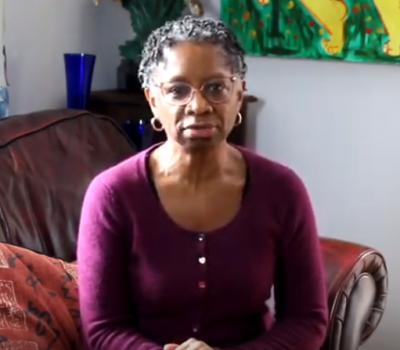
Read more
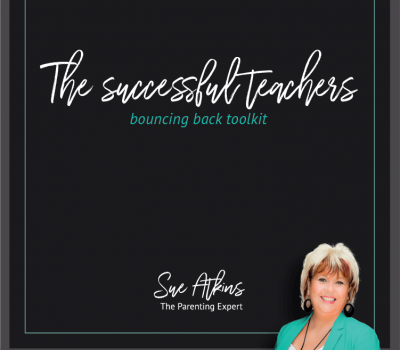
Read more
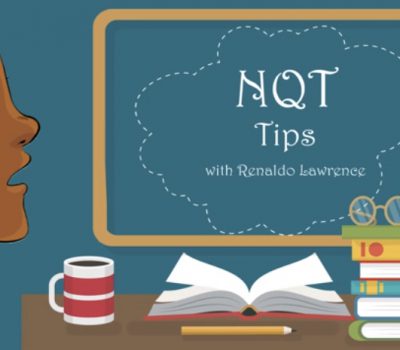
Read more

Read more

Read more


Are you looking for solutions? Let us help fund them! Nexus Education is a community of over 11,000 schools that come together to share best practise, ideas and CPD via online channels and free to attend events. Nexus also offers funding to all school groups in the UK via nexus-education.com


Established in 2011, One Education is a company at the heart of the education world, supporting over 600 schools and academies. Our unique appeal as a provider is in the breadth and synergy of the services we offer, supporting school leaders, teachers and support staff to achieve the best possible outcomes for their pupils and staff.

School Space is a social enterprise that has empowered schools for over 12 years through their profitable and hassle-free lettings services. So far, they’ve generated over £5 million in revenue for education, helping to connect over 200 schools with their local communities.


Unify is an online sales and marketing tool that allows users to create tailored personalised documents in moments.


There’s nothing special about the energy we sell. In fact, it’s exactly the same energy as all our competitors provide. But there is something special about the way we do it. Where others complicate the process, we simplify it. Where others confuse customers with hidden terms, we’re an open book. And where others do all they can to make as much money from their customers as possible, we do all we can to make as little. Everything we do, we do it differently. Our customers are a privilege. One we’ll never take advantage of.


Securus provide market-leading monitoring solutions to safeguard students on ALL devices both online and offline. We also offer a full monitoring service, where we carry out the monitoring on behalf of the school, freeing up valuable staff resources. From the smallest school to large MAT groups, Securus offers safeguarding protection for all!


Bodet Time offers dedicated solutions to education through lockdown alerts, class change systems, PA and synchronised clock systems. Improving time efficiency of the working and school day; ensuring safety through lockdown alerts; increasing communication with customised broadcast alerts.


Robotical makes Marty the Robot - a walking, dancing coding robot that makes programming fun and engaging for learners as young as 5. Our robots come with a full Learning Platform that has complete teaching resources, to make lesson planning a breeze.